Resources
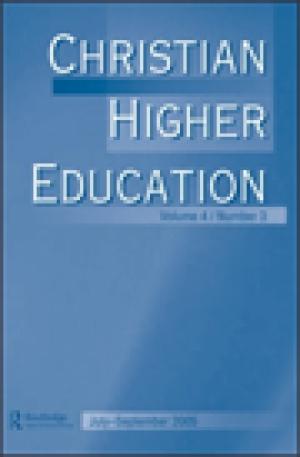
Journal Issue.
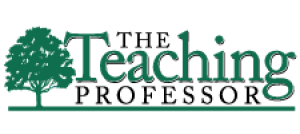
Journal Issue.
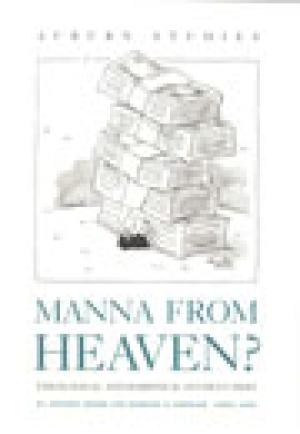
Although indebtedness is still not a major problem for most theological and rabbinical students, levels of indebtedness have risen steeply in recent years. These increases are usually the indirect and cumulative result of decisions made by theological and rabbinical schools. This article outlines the findings and recommendations of the National Study of Theological Student Indebtedness, conducted between 1990 and 1994 by the Auburn Center for the Study of Theological Education. We intend this report for those who must make decisions about the financing of theological education: administrators; faculty and trustees of theological and rabbinical schools; leaders of religious bodies that support such schools and their students; and present and prospective students. Those who seek a brief summary of the findings will find it in the italicized paragraphs that conclude each section of this articles. A detailed report on the research and its findings will be available at cost from the Auburn Center in mid-1995. (From the Publisher)
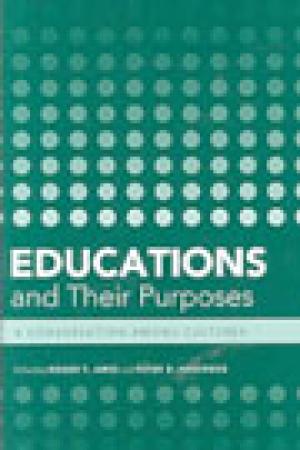
Chapters included in Part One, Education, Relationality, and Diversity, examine the growing intellectual awareness of a pervasive interdependence amid diversity in all aspects of the human experience brought on by the unrelenting processes of globalization. One of the most distinguished voices in the philosophy of emotions offers a sustained reflection in the opening chapter to Part Two, Educating Emotions: The Phenomenology of Feelings. In Part Three, East Asian traditions of thought that have never committed to the familiar mind-body dualism are appealed to as a resource for rethinking the body in education. The tension between personal authenticity and indoctrination in the role that education plays in preparing a person for a successful life is the subject of Part Four, Creativity and Habilitation, followed by chapters on the mutual accommodation of different approaches to education. The final essays discuss the role of aesthetic sensibilities in moral development with the theme of education and the aesthetics of moral cultivation. (From the Publisher)
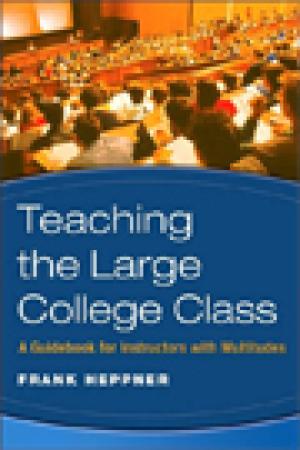
Teaching large classes is a fact of life for professors at many institutions. In addition to pedagogy, instructors of these courses must also be concerned with legal, ethical, financial, technological, personnel, and management issues. Virtually all introductory courses are large ones, as are the popular intermediate courses at large institutions. Typically, little or no training or instruction is provided to new professors about how to manage large classes successfully. This book is a valuable resource for any college teacher, adjunct or full-time, facing a large class. It will also be useful for college administrators who might want to issue it to teachers, especially adjuncts, assigned to large classes for the first time. A distillation of years of experience by the authorwho started his college teaching career in 1969in teaching large classes and in coaching other professors to do the same, this guide is concise and user-friendly. It employs teaching-as-acting as a common theme, with many practical examples covering all of the major aspects of organizing, managing, and teaching a large lecture course in any field. (From the Publisher)
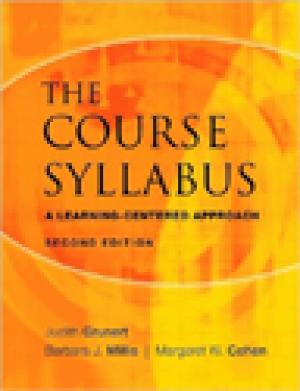
When it was first published in 1997, The Course Syllabus became the gold standard reference for both new and experienced college faculty. Like the first edition, this book is based on a learner-centered approach. Because faculty members are now deeply committed to engaging students in learning, the syllabus has evolved into a useful, if lengthy, document. Today's syllabus provides details about course objectives, requirements and expectations, and also includes information about teaching philosophies, specific activities and the rationale for their use, and tools essential to student success. (From the Publisher)
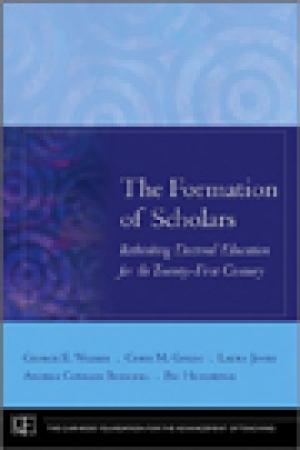
This groundbreaking book explores the current state of doctoral education in the United States and offers a plan for increasing the effectiveness of doctoral education. Programs must grapple with questions of purpose. The authors examine practices and elements of doctoral programs and show how they can be made more powerful by relying on principles of progressive development, integration, and collaboration. They challenge the traditional apprenticeship model and offer an alternative in which students learn while apprenticing with several faculty members. The authors persuasively argue that creating intellectual community is essential for high-quality graduate education in every department. Knowledge-centered, multigenerational communities foster the development of new ideas and encourage intellectual risk taking. (From the Publisher)
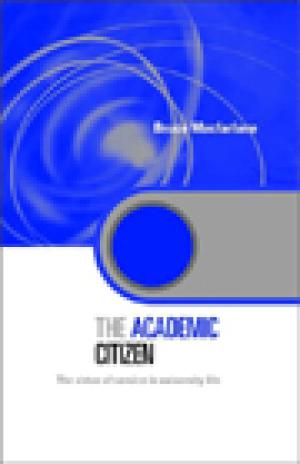
Contemporary universities are very much an integral part of communities. However, while much has been written about teaching and research in universities, the "service" role of universities has been neglected. In an attempt to address this imbalance, The Academic Citizen looks at how these three roles interrelate and explores the idea of a compact between universities and society. This book argues that in order to achieve a compact, we need to re-evaluate the poorly rewarded aspects of service and leading academics need to set a new standard. Based on in-depth interviews with an international group of academics, it sets out to: · outline the interconnecting communities served by university lecturers · explore what the notion of "service" means for academic staff · develop a moral basis for the "service" role in academic life as both a collegial and civic duty · show how service supports teaching and research in a more competitive environment ·examine the ideal character required to fulfill the functions academic citizenship Drawing on a range of university and service traditions, The Academic Citizen has a strong historical and comparative perspective that should prove stimulating for those interested in the role of the academic in modern society. It has international relevance and will appeal to staff and educational developers in universities and colleges, as well as students of higher education. (From the Publisher)

An examination of the history of American Protestant theological education which focusses on aims and purposes and how (if at all) those ideals were incarnated in particular schools. (From the Publisher)

A series of reflections on this period in theological education. (From the Publisher)